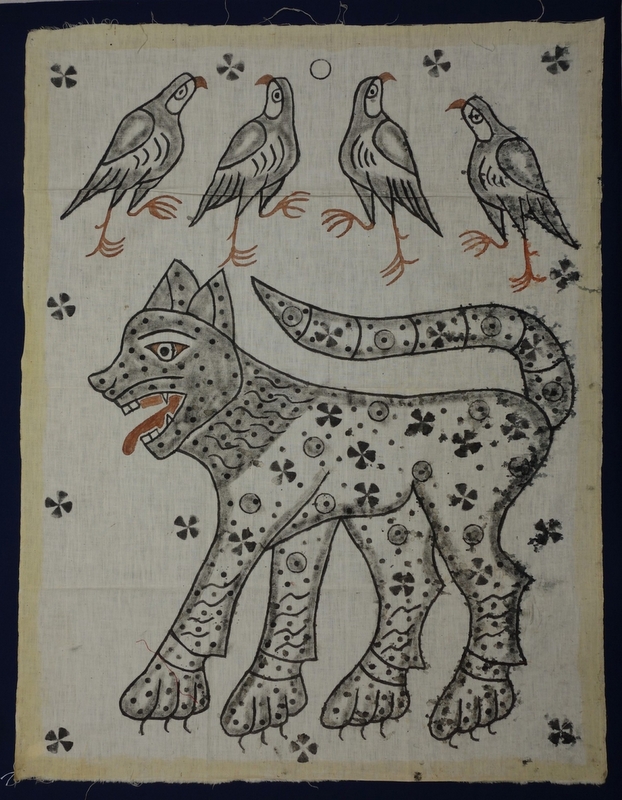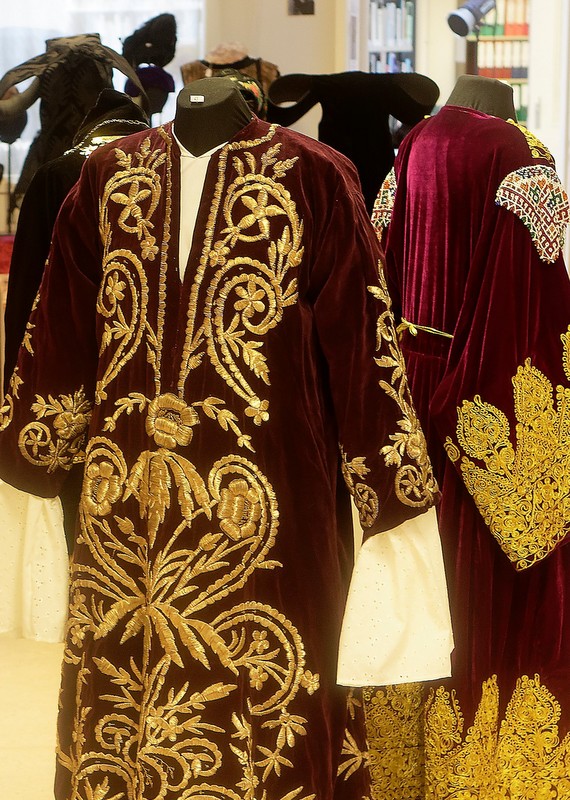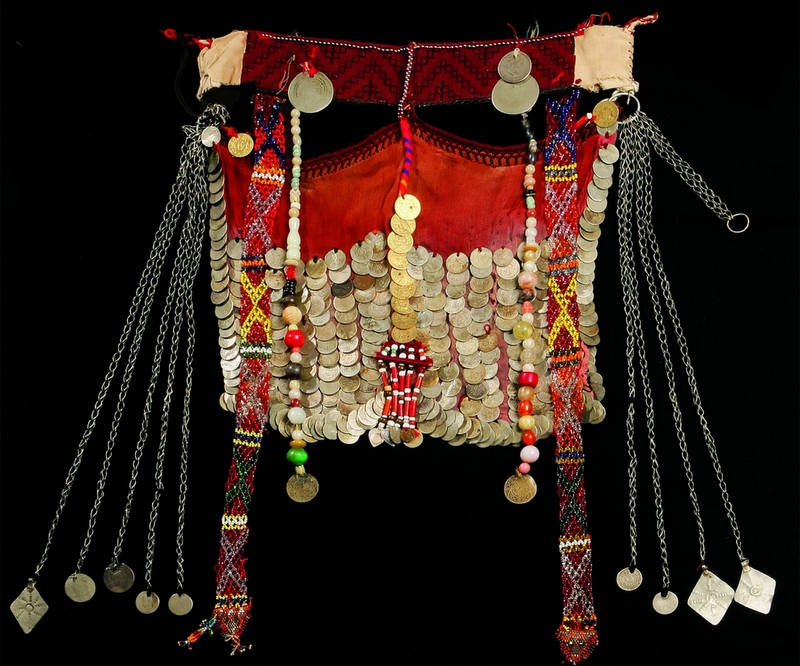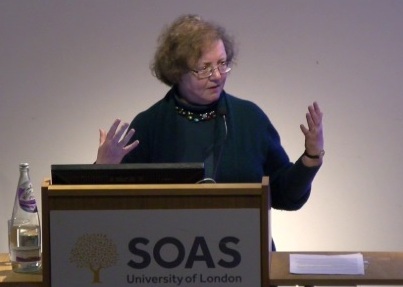




The Zay Zay: (Arabic: costume, Pl. azyaā’), a set of clothes in a style typical of a particular country or historical period. Initiative works with a select group of experts from around the globe. Each person brings with them a unique set of skills and knowledge from within their own fields of cultural dress and textiles. We are pleased to introduce Dr Gillian Vogelsang-Eastwood:
Textile archaeologist, Dr Gillian Vogelsang-Eastwood is the director of the Textile Research Centre, in Leiden, the Netherlands. She is a specialist in Middle Eastern embroidery, textile and dress. She worked for many years as a textile archaeologist in Egypt, before turning to more recent aspects of Middle Eastern dress. She is the author of The Encyclopedia of Embroidery from the Arab World published by Bloomsbury.

Gillian grew up in Bradford, England where her adventures with her amateur archaeologist father inspired her to study history. From early childhood, she loved stitching and embroidery and in her late teens decided she would rather make a living as a professional embroiderer than as a historian. It was when she discovered the Design History course at Manchester Polytechnic, where she could specialise in textile and costume history, that she realised she could do both.
As a student, volunteering at the Ashmolean Museum in Oxford, she catalogued their collection of Coptic textiles. Here she learned about John-Peter Wild, historian and lecturer at Manchester University who took her on as a student. “I went straight from a BA to a PhD - I would not recommend it!”
It was while Gillian was in Tunisia, working on the textiles at Qasr Al Kadim, that she fell in love with the textiles of the Arab world and the Middle East. “It was my first excavations and I felt completely at home. Working on archaeology and textiles was a perfect match.” Her Tunisian work led her to Egypt, where she lived and worked on-and-off for over forty years working on Egyptian textiles for The Grand Egyptian Museum, including producing the first catalogue for the textiles from the tomb of King Tutankhamen.

After moving to Leiden, the Netherlands and where she settled with her husband, Gillian set up the Textile Research Centre in 1991. “I decided to work as a freelance textile archaeologist. The Volkekunden Museum and Antiquities helped me set-up the TRC and I helped them with their textiles. It grew from there. It was never the intention to have a collection, but the museum would not make theirs available for teaching.” Gillian compiled a collection from the textiles she and her husband have accumulated over years of travelling, researching and collecting.
Since 2009 the TRC is housed in Hogewoerd, a historical retail district of Leiden. According to their website, “the basic aim of the TRC is to give the study of textiles, clothing and accessories their proper place in the field of the humanities and social sciences. The TRC does so by providing courses and lectures, carrying out research and by the presentation of textiles and dress from all over the world. The two main focal points of the TRC are (a) dress and identity: what people wear in order to say who they are and (b) pre-industrial textile technology.”

· A Textile, garment and accessories collection including 19500 items from all over the world, from South America, through Africa to the Far East, and is rapidly growing.
· A Reference collection of samples and objects that can be used for identification purposes, as well as providing samples for the analysis of textiles (fibre, dye, DNA, etc.).
· The Library consisting of over 3000 books covering a wide range of subjects relating to textiles and dress.
· Teaching - The TRC organises a series of intensive courses and workshops on a wide variety of textile and dress-related subjects, including textile technology.
· TRC Needles is a digital encyclopaedia with brief entries on all aspects related to needlework with the aim of making the study of embroidery in its widest meaning more visible and emphasise its role in cultures and societies from all over the world.
· Exhibitions - The TRC presents two exhibitions a year, based on their collection.

Dr Gillian Vogelsang-Eastwood published works include:
· Covering the Moon – An introduction to Middle Eastern Face Veils (2008), which she co-authored with her husband, Willem Vogelsang.
· Embroidery from the Arab World (2010)
· Editor, Berg Encyclopedia of World Dress and Fashion, Volume V: Central and South West Asia (2010). This book forms part of a ten-volume series.
· Encyclopedia of Embroidery from The Arab World (2010). Dr Gillian Vogelsang-Eastwood was assisted by Widad Kawar (Jordan), Mrs Layla Pio (Iraq), Dr Meriem Chida (Tunisia), Dr Caroline Stone (England) and others.

As someone who has walked this road ahead of us, Dr Gillian has offered to guide us with advice, research, exhibitions, networking and moral support. A recently signed Memorandum of Understanding between The Zay Zay: (Arabic: costume, Pl. azyaā’), a set of clothes in a style typical of a particular country or historical period. Initiative and the Textile Research Centre will promote the cooperation between the two institutes. We look forward to learning from and growing with Dr Gillian Vogelsang-Eastwood, Ms Kawar and other formidable women who share our passion for textile, cultural dress, the preservation of history, and building a textile legacy.